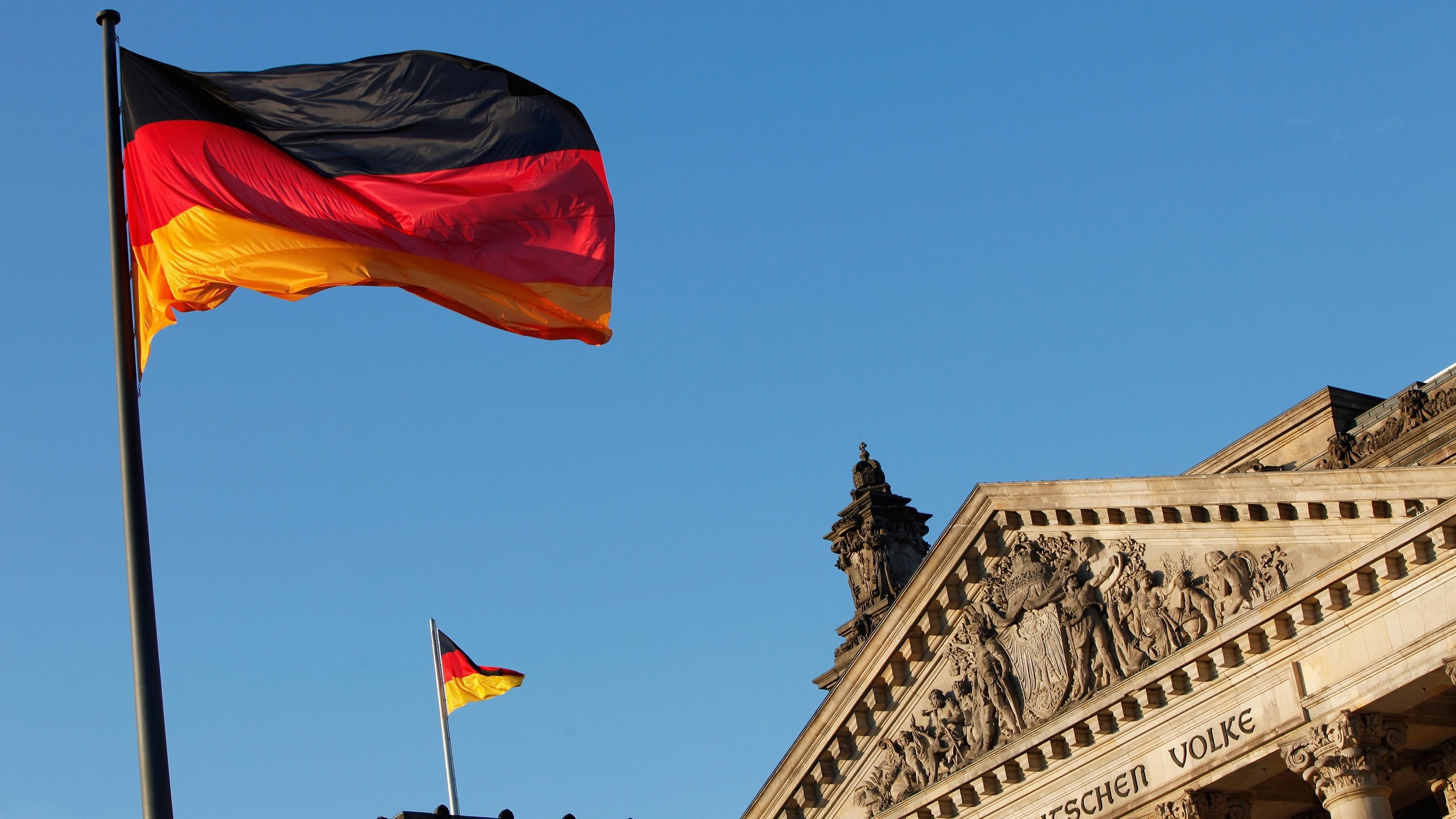
Business
21:16, 11-Jan-2018
German economy grew 2.2% in 2017
CGTN

The German economy grew 2.2 percent in 2017, the fastest rate of expansion since 2011, official data for Europe's top economy showed on Thursday.
The expansion, which was in line with forecasts from leading economic think-tanks and the Organisation for Economic Co-operation and Development (OECD), was driven by big increases in the rate of growth in investments and exports, officials from statistics authority Destatis said at a Berlin press conference.
Meanwhile, expansion in private and government consumption slowed compared with 2016.
Growth was also almost one percentage point higher than the 1.3-percent average recorded over the past 10 years.
Germany also notched up a record government budget surplus of 1.2 percent of GDP, Destatis said.
It was "a strong performance by an economy firing on all cylinders," commented ING Diba bank economist Carsten Brzeski.
"The same fundamentals which have supported growth in 2016 and 2017 should still be in place in 2018," he added.
Defying fears of a new era of protectionism after election of US President Donald Trump, exports grew by 4.7 percent in 2017, compared with 2.6 percent the previous year.
Meanwhile, historically low interest rates set by the European Central Bank, a euro that has not strengthened against other currencies in step with the continent's economic recovery, high levels of employment and a broad-based upturn across the 19-nation Eurozone all favor continued expansion for Germany.
But the picture is not entirely rosy for Berlin, Brzeski warned.
"Strong growth performance has led to reform complacency. Under the surface of strong growth, deficiencies in areas like digitalization, services and education have emerged," he said.
Meanwhile, strong growth and bulging state coffers have stoked demands from politicians and unions to put some of the country's wealth to work, whether by offering voters tax cuts, boosting public spending and investment, or increasing wages.
Thursday's growth data come on the same day that Chancellor Angela Merkel's conservatives enter a final round of talks with the center-left Social Democrats to explore renewing their left-right "grand coalition".
And the figures follow on the heels of days of strikes by powerful metalworkers' union IG Metall, which is pushing for a big salary increase and the option of working a 28-hour week.
Source(s): AFP

SITEMAP
Copyright © 2018 CGTN. Beijing ICP prepared NO.16065310-3
Copyright © 2018 CGTN. Beijing ICP prepared NO.16065310-3